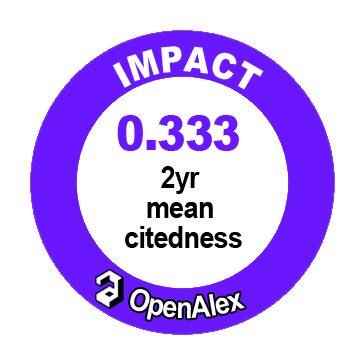Transparency in Corporate Sustainability Reporting: Evaluating Metrics, Accountability, and Social Impact
DOI:
https://doi.org/10.55220/2576-6759.545Keywords:
Accountability, Corporate sustainability, ESG metrics, Social impact, Transparency.Abstract
The rise of ESG priorities has prompted companies to embrace sustainability reporting as a way to affirm their accountability and long-term vision. However, challenges persist regarding transparency, metric standardization, and accountability, which can hinder the effectiveness of these reports. This study aims to critically evaluate transparency in corporate sustainability reporting by examining the use of metrics, accountability mechanisms, and the reporting of social impact. Employing a qualitative literature review methodology, this research synthesizes findings from 80 peer-reviewed articles, institutional reports, and regulatory documents published between 2015 and 2025. Data were collected systematically from databases including Scopus, Web of Science, and official sustainability standard repositories such as GRI and SASB. Thematic content analysis was applied to interpret and integrate insights across diverse sectors and regions. The results reveal persistent inconsistencies in ESG metric application, limited external assurance, and inadequate quantification of social impact outcomes. Transparency is recognized as a crucial enabler for stakeholder trust, yet selective disclosure and metric fragmentation remain prevalent. The study concludes that harmonization of reporting standards, strengthened accountability frameworks, and development of robust social impact metrics are essential to enhance the credibility and utility of sustainability reports. Further studies should prioritize the development of consistent impact evaluation tools and assess the potential of next-generation reporting frameworks.





